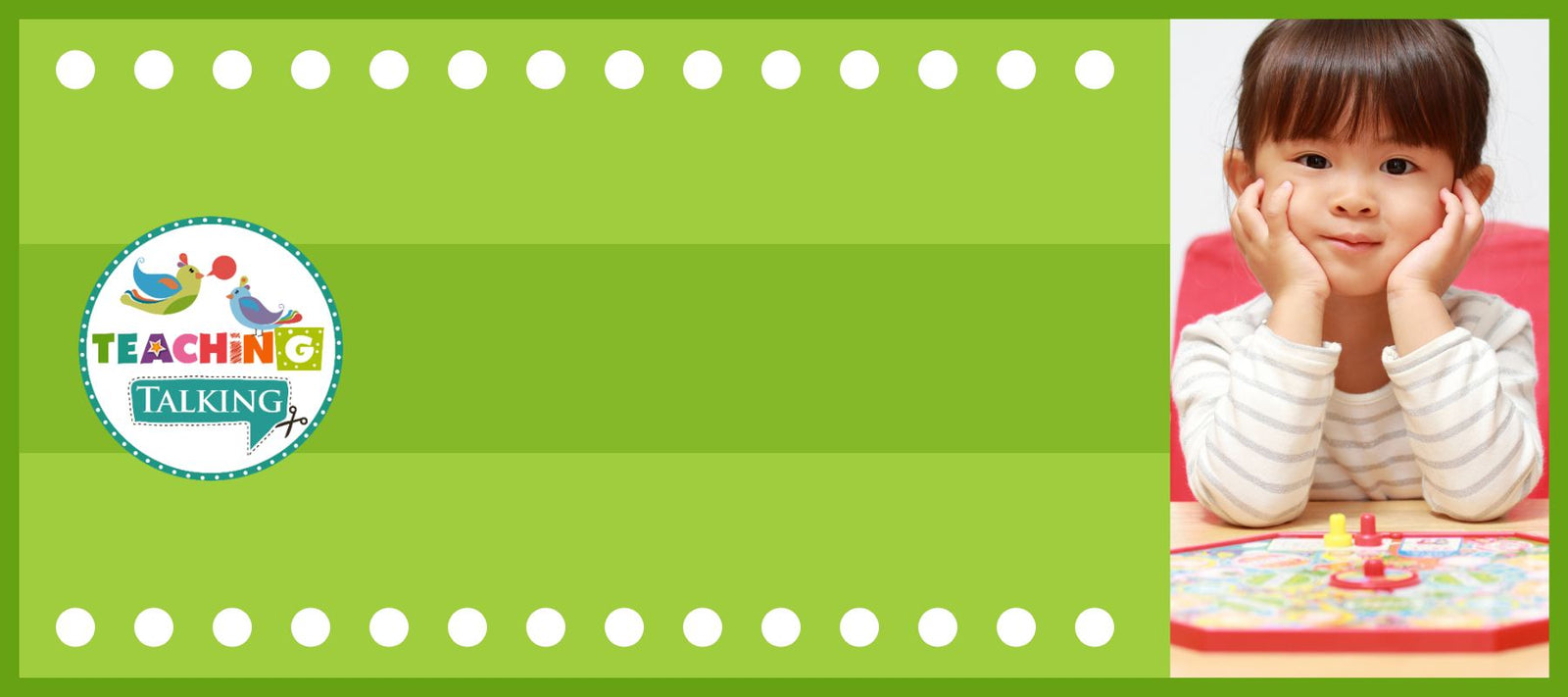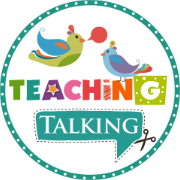
10 Ways to Have a No Prep Speech Therapy Month
May 19, 2016 4 min read
No Prep Speech Therapy Month? Yes You Can!
Yes, I admit it, no prep speech therapy is my ideal! Planning therapy can be a pain. It’s not that I dislike planning ahead. In fact, I am an organized person and like to be prepared in advance. But usually I’m pressed for time at the end of the school year.
To actually sit down and think about what I want to use in my sessions with students? Not going to happen. I’ve run out of that space in my schedule because I’m running to last minute eligibility meetings, wrapping up the final evaluations of the year and attending annual IEP meetings.
Imagine not planning therapy for an entire month! Is that even possible? Yes, it is and YOU can do it.

You’ll need no prep speech therapy activities at the end of the school year to survive those last weeks of therapy. I have ten tips for you to have a no prep speech therapy month right when you need it the most:
1. No Prep Speech Therapy by Allowing Students Choose a Preferred Game
I’ve spent all year saying “no” to playing a game that students have been eyeing. For my students with excellent behavior, I let them choose whichever game they’ve seen on my shelf. I have their goals memorized by now and I can tackle those goals using virtually any game or activity. It’s a no prep win-win.
2. No Prep Speech Therapy by Incorporating Arts and Crafts
If you haven’t done any art projects yet, now’s the time. I search Pinterest for relevant printables, grab bottles of paint, glitter, and construction paper from the teachers’ supply closet, and we’ll get started.

Students love to make art and there’s so many language concepts that can be touched on while creating (basic vocabulary, positional concepts, describing words, etc.)
3. No Prep Speech Therapy by using ‘Student is the SLP’
I love turning the tables on my students and saying, “Ok, you’re the SLP for the session. SWITCH. What do we do now?” This no prep exercise is a great way to see how the student views the therapist and speech therapy in general as well as seeing if they can articulate what it is they are learning. My students have fun with it and love being called “Mr.” or “Ms.”
4. No Prep Speech Therapy Products on TpT and SLP Stores
Many amazing no prep speech therapy resources are available on TpT and SLP Online Stores like Teaching Talking’s Articulation Print & Go.

Buy it once, own it forever and you’ve saved yourself weeks of therapy planning. Print and go!
5. No Prep Speech Therapy by Breaking Out the Playdough, Mr. Potato Head, and the Play Farm Set
Many of my first and second graders regularly beg to play with the toys I have in my space for the preschoolers. I always say no, but at the end of the year, I let them choose something that’s below their age level, if they’ve been asking for awhile.
I wonder if many of them didn’t have access to age-appropriate toys when they were little so they still have that urge to play with them even though they are bigger now. I can tackle a whole range of goals using preschool-age materials, even for older students. It’s a no prep victory!
6. No Prep Speech Therapy by Going Outside
At the end of the school year, weather has finally started to look up. It’s a great time to take speech class outside.Grab a language-rich book like “It Looked Like Spilt Milk” or “If You Give a Mouse a Cookie,” and read it in the grass, asking comprehension and vocabulary questions.
7. No Prep Speech Therapy When Using a Puppet
I have just one puppet, a kangaroo, and I find myself using him all the time right now. It’s easy to grab it and use it to be super sassy with my students.

They can’t help but crack up and we have so much fun, we don’t even know where the time goes!
8. No Prep Speech Therapy When Drawing Charades
I’ve found that students love it when teachers draw. I’ll get a marker and some paper and I start drawing something, asking them to guess it by writing down relevant features. Note: you will need some kind of drawing skill – my mom is an artist so I can make basic pictures.
9. No Prep Speech Therapy by Using Newspaper Ads
Save the newspaper ads from flyers you get once a week with your mail or from the weekend newspaper and bring them in. Have the students cut out pictures and paste them into categories (food, transportation, furniture, etc). They love it and it’s a very functional activity.
10. No Prep Speech Therapy for ‘Tour the School’
Have students pretend that you are new to the school. Ask them to show you around the school and introduce you to people you meet. Students can practice the functional communication skills they have been working on all year.

Have them explain the function of spaces in the school (e.g. “What do you do in the library?”). As the SLP, make mistakes like use poor eye contact or a super low voice when talking to another teacher or say “So you wash your hands in the library.” Students will have fun correcting you.
What do you think of my no prep strategies? I hope that you can use several of them so that you can hit the ground running with way less stress.
Bio: Sarah Wu is a bilingual speech-language pathologist from Chicago, Illinois. She blogs at speechisbeautiful.com
★ If you enjoyed this post, you might also like to check out my Speech & Language Crafts and Worksheets Value Bundle post ★
Subscribe
Sign up to get the latest on sales, new releases and more …


